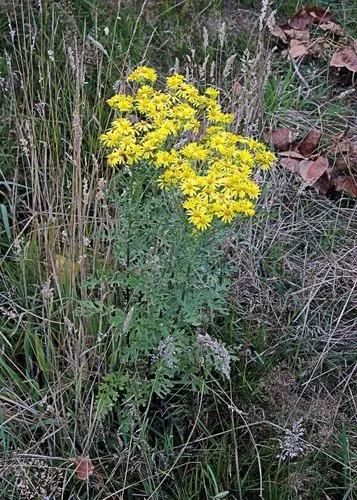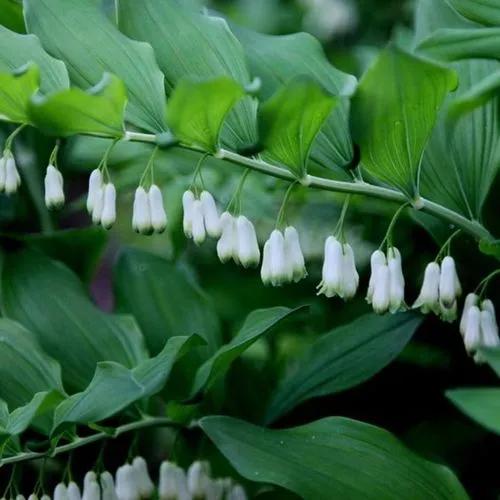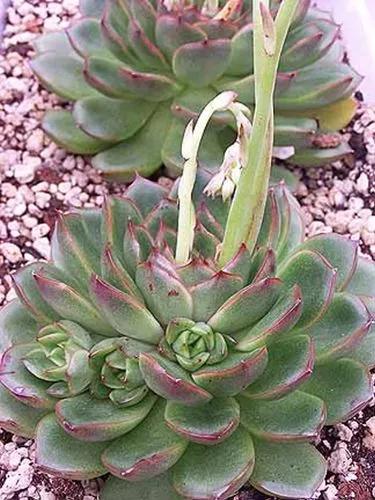Thunbergia alata, commonly called black-eyed Susan vine, is a herbaceous perennial climbing plant species in the family Acanthaceae. It is native to Eastern Africa, and has been naturalized in other parts of the world.
Black-eyed Susan vine Care
Thunbergia alata



Black-eyed Susan vine (Thunbergia alata) is a frequent sight in hanging baskets at the garden center. This vine is as easy to care for as it is charming. The flowers have an almost pop-art look to them, with a solid center surrounded by a ring of clear-colored petals. The flowers look daisy-like at a distance, but they are actually tubular. Five overlapping petals surround a brownish-purple center tube, masquerading as a center disk. The medium-green leaves are a little coarse and grow opposite one another. They can be either heart-shaped or have a lance-like arrowhead shape. This plant climbs by twining up support structures rather than clinging with tendrils.
How to Care for the Plant

Water

A trumpet vine once it's established, trumpet vine watering needs are minimal to moderate. during the summer, it needs about an inch (2.5 cm.) of water per week, which is often taken care of naturally by the rain. if the weather is especially dry, you may need to water it once per week yourself.

Pruning

Trim out dead and damaged leaves any time, pinching off or cutting off each of those leaves at its base. Avoid cutting into a plant's main stems or its crown, which is where its leaves and roots meet.

Fertilizer

When it comes to fertilizers, you want to avoid over-fertilizing (just like an overdose of vitamins isn't great for us, either). Less is more, so it’s important to follow what the package says for application amounts.

Sunlight

Needs 12-18 hours of indirect sunlight.

Soil

Requires a well-drained, loose mixture of potting soil.

Temperature

It is usually grown as an annual, although it has been known to over-winter in temperate climates during very mild winters. Since black-eyed Susan vines are technically perennial, you can pot up a plant and bring it indoors for the winter. The lowest temperatures this plant can survive are down 40° to 50°F (4° to 10°C).

Container

Whether it be plastic or clay, make sure the pot you select has drainage holes in the bottom to prevent over-watering.

Popularity

2,491 people already have this plant 464 people have added this plant to their wishlists
Discover more plants with the list below
Related articles






